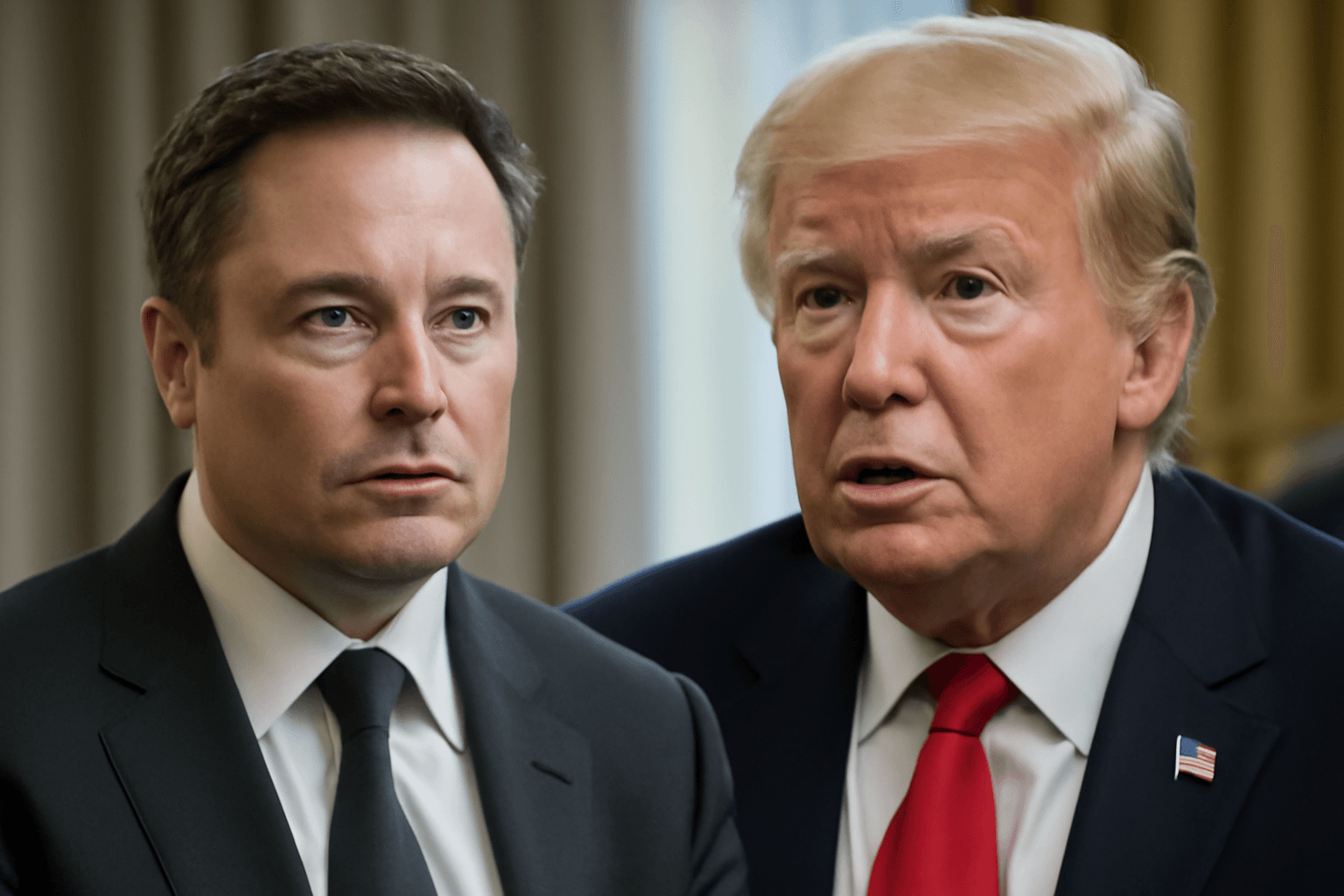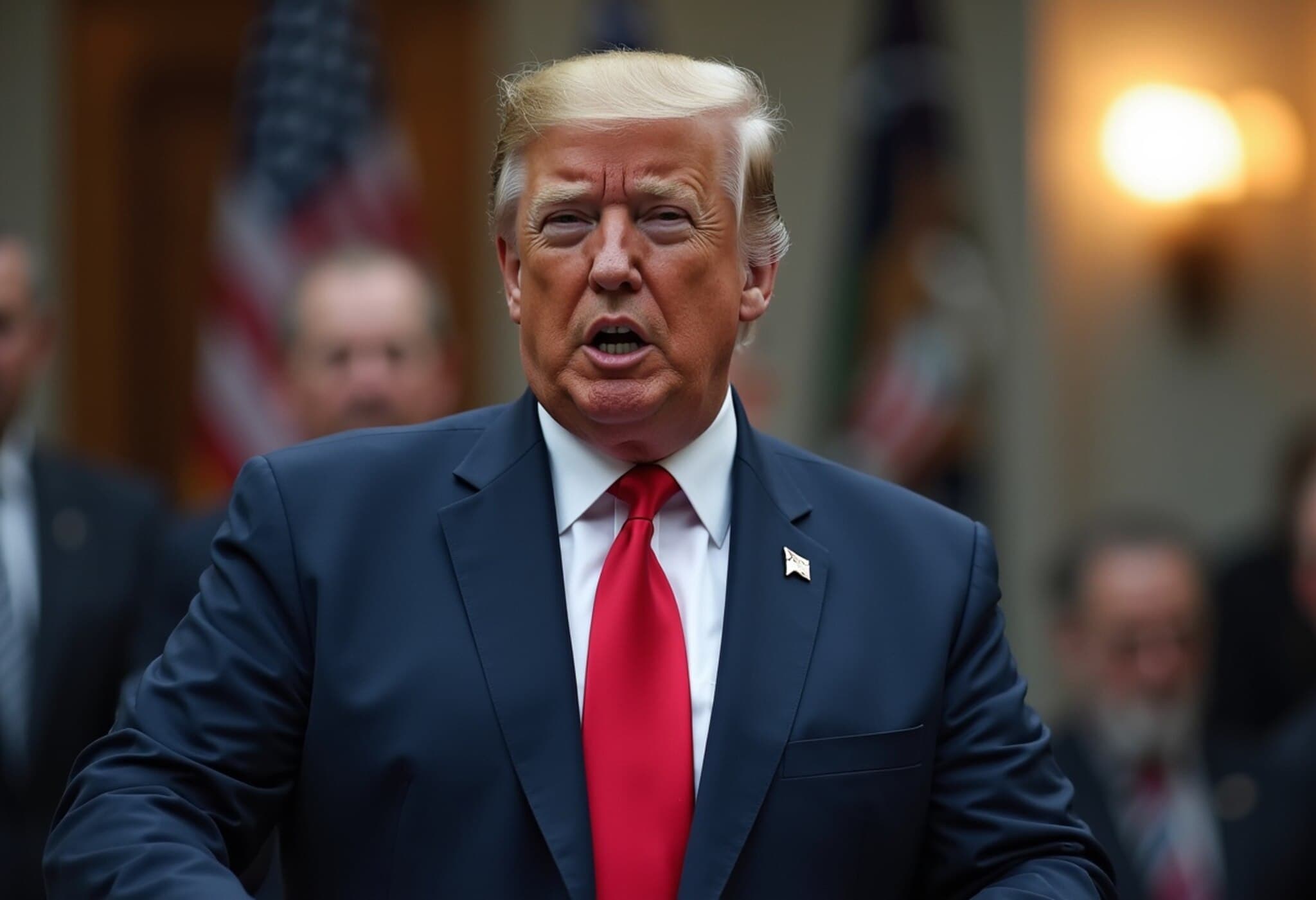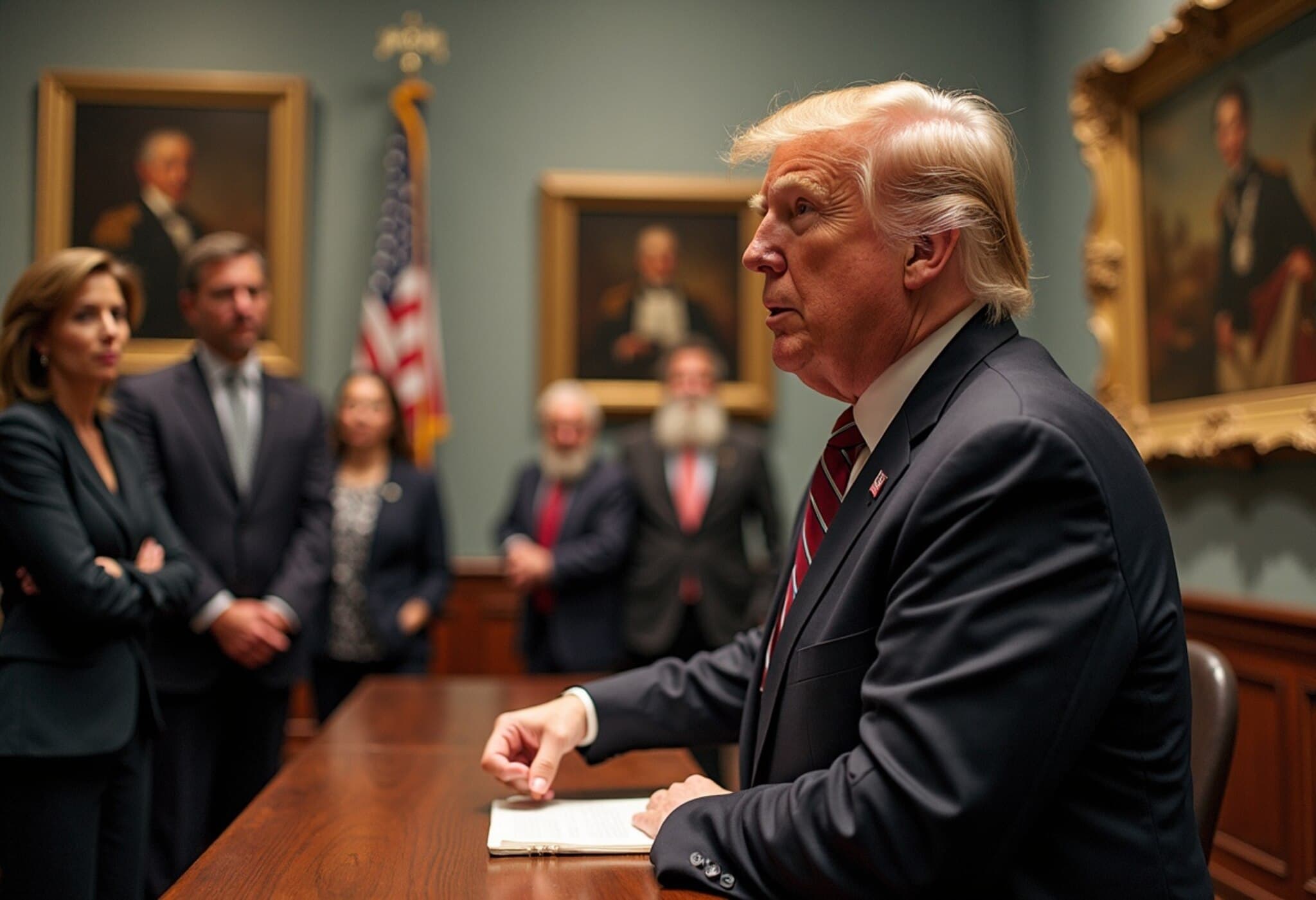Trump Administration Officially Ends Elon Musk’s Weekly ‘Five Things’ Email Initiative
In a significant policy reversal, the Trump administration has formally discontinued the much-debated "five things" weekly email program, initially championed by Elon Musk during his tenure as a federal adviser. The Office of Personnel Management (OPM) communicated this decision through a memo rescinding previous guidance that required federal employees to summarize their top five achievements or priorities each week.
Background: Musk’s Push for Federal Workforce Productivity
Introduced in February 2025, the "five things" email was part of Musk’s broader drive to enhance transparency and accountability within the federal government. The program aimed to streamline progress tracking by having employees concisely report weekly accomplishments to their supervisors. However, this initiative quickly stirred controversy among federal departments. Many managers and employees found the policy to be intrusive and counterproductive, leading to inconsistent application and growing internal friction.
Falling Out Between Musk and Trump: A Turning Point
Elon Musk, who invested heavily in assisting Trump’s 2024 presidential campaign, initially enjoyed a cordial working relationship with the administration. However, their alliance unraveled earlier this summer when Musk strongly criticized the Trump tax cut and spending bill, calling it an "abomination." This blunt appraisal reportedly infuriated the president, triggering a series of retaliatory actions, including the withdrawal of Jared Isaacman's nomination to lead NASA — Isaacman being a Musk ally — and threats to cancel lucrative federal contracts with Musk’s companies.
OPM and Administrative Shift
Scott Kupor, the new director of OPM since July 2025 and a seasoned venture capitalist, acknowledged last month that the email tracking system was "very manual" and inefficient. In his words, it was necessary to question whether the policy was delivering its promised value to the federal workforce.
"At OPM, we believe managers already have effective ways to stay informed about their team’s activities," Kupor said. The agency has now informed human resources leaders that it will no longer manage or internally use the weekly email process.
Why This Matters: Implications for Federal Workforce Management
- Employee Accountability vs. Autonomy: The program was intended to foster responsibility but raised concerns about micromanagement and employee morale.
- Governance and Leadership Dynamics: The rapid rollout and subsequent reversal highlight challenges in executing top-down mandates without adequate consultation.
- Political Fallout and Organizational Impact: The personal and political discord between Musk and Trump influenced tangible policy shifts within federal agencies.
Expert Insight
From a public administration perspective, the abrupt termination of the "five things" email reflects broader lessons about workforce engagement in government settings. While accountability mechanisms are critical, their design must respect the operating culture and capacities of employees. As Professor Jane Miller, a government management specialist at Georgetown University, notes:
"Top-down policies like Musk’s weekly email mandate often overlook the nuances of public sector workflows and existing communication channels. Effective reforms require collaboration and consideration for employee experience to avoid unintended consequences."
Looking Ahead
The termination of Musk’s emailed progress reports signals a potential shift back towards more traditional managerial practices within federal institutions. Observers suggest this move might restore morale and reduce administrative overhead, yet it also raises questions about future innovation efforts targeted at federal workforce efficiency.
Moreover, the public falling-out between Musk and the Trump administration underlines how personal and political differences at the highest levels can ripple through government policies affecting thousands of employees.
What’s Next for Federal Accountability?
Experts predict that subsequent reforms will likely emphasize digital tools for performance tracking that balance transparency with employee privacy and managerial oversight. The future might also see greater emphasis on pilot programs and phased implementations to ensure reforms are both effective and employee-friendly.
Editor’s Note
The rise and fall of the "five things" email program exemplifies the complexities of implementing rapid-change initiatives within large bureaucracies. While well-intentioned efforts to improve accountability are necessary, they must be tailored with sensitivity to organizational culture and employee buy-in. This episode invites policymakers to reflect on the interplay between leadership dynamics, political influences, and effective governance. As federal agencies continue their modernization journeys, striking this balance will remain a critical challenge.



















